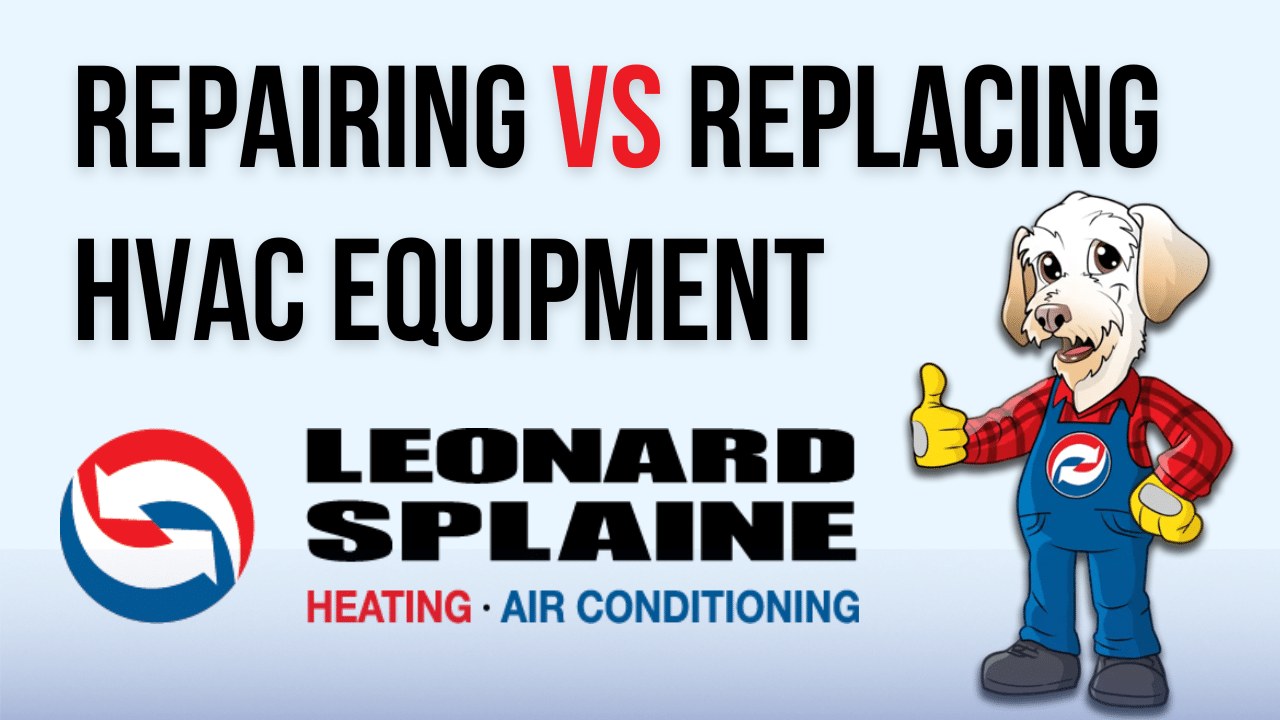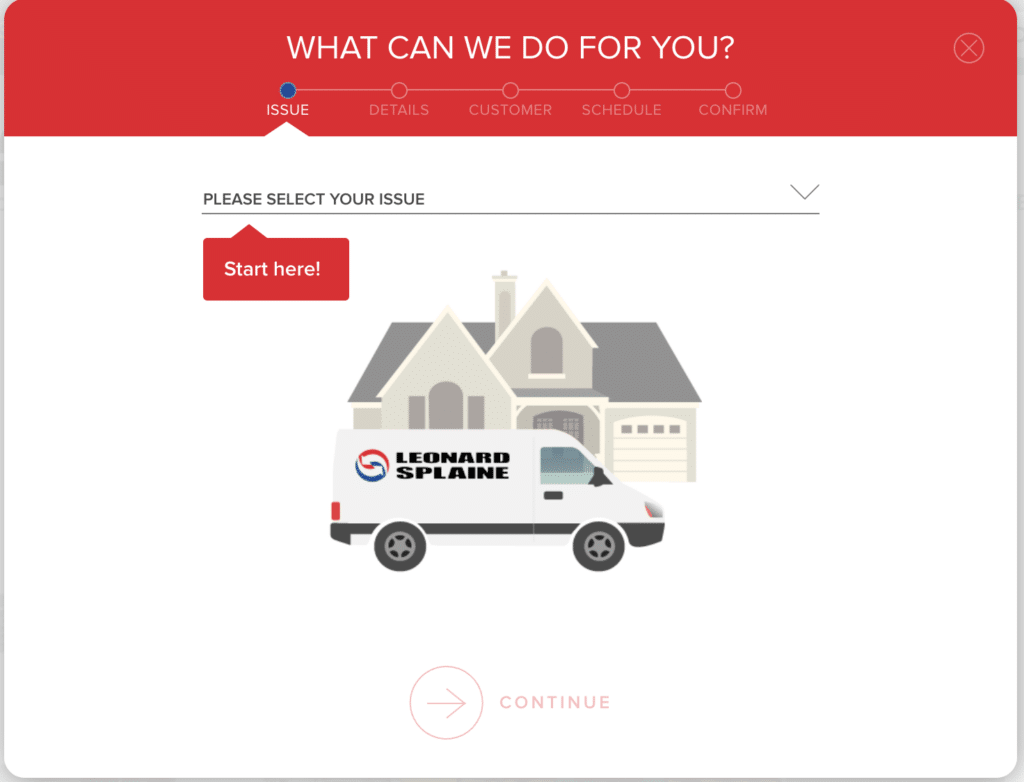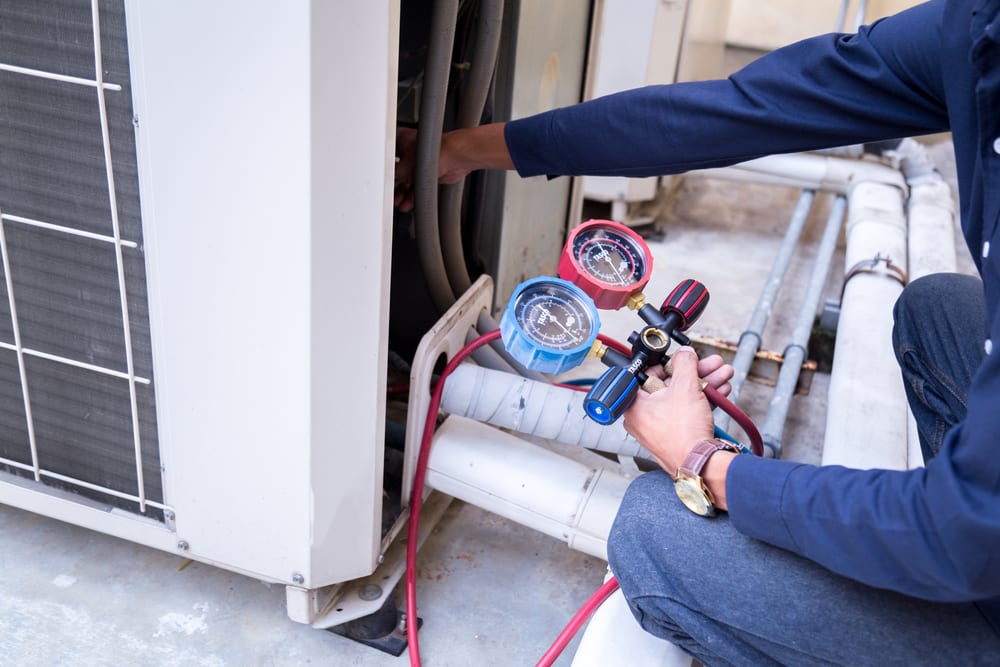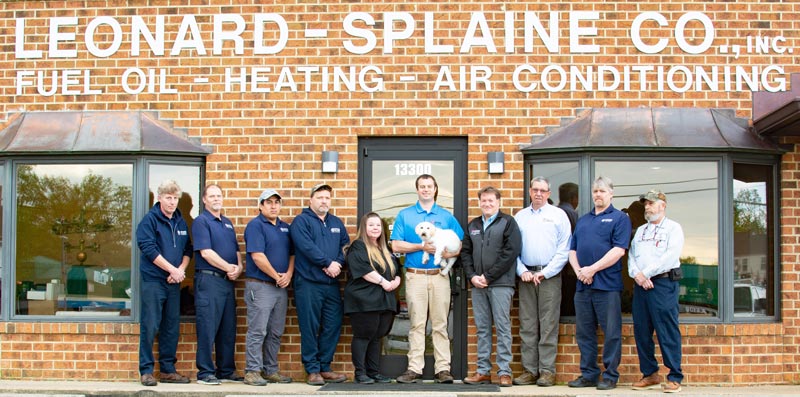Leonard Splaine Repairing vs Replacing HVAC Equipment

Repairing vs Replacing HVAC Equipment
When facing significant issues with HVAC units, when is it more advisable to repair the existing equipment and when is it better to replace it entirely?
In the realm of heating, ventilation, and air conditioning (HVAC) systems, homeowners and businesses often find themselves at a crossroads when facing significant issues. The dilemma arises when deciding whether to repair the existing HVAC equipment or replace it entirely. While both options have their merits, it is essential to weigh the factors involved to make an informed decision. In this article, we will explore the pros and cons of repairing and replacing HVAC equipment to help you determine the best course of action for your specific situation.
Signs of HVAC Issues
Identifying signs of HVAC issues is the first step in determining whether repair or replacement is the more suitable option. Some common indicators that your HVAC system is experiencing problems include:
1. Insufficient Cooling or Heating: If your HVAC unit fails to cool or heat your space adequately, it may be a sign of malfunctioning components.
2. Frequent Breakdowns: If your HVAC system requires frequent repairs, it could be an indication of underlying issues that might warrant replacement.
3. Escalating Energy Bills: A sudden increase in energy bills without a change in usage patterns may suggest inefficiencies within the HVAC system.
4. Age of the Equipment: HVAC units typically have a lifespan of around 10 to 15 years. If your system is approaching or surpassing this timeframe, it may be more prone to breakdowns and may benefit from replacement.
5. Inconsistent Airflow: Uneven distribution of air throughout your space can point to ductwork or fan problems, which may require repairs or replacement.
Benefits of Repairing an HVAC System
When facing HVAC issues, repairing the existing equipment can offer several advantages. These include:
1. Cost-Effective: In many cases, repairing HVAC equipment is more cost-effective than replacing the entire system. Minor component replacements or repairs can help restore functionality without incurring the expense of a complete replacement.
2. Familiarity with the System: If you have been using the same HVAC system for an extended period, you and your service technician may have developed a deep understanding of its intricacies. Repairing the system allows you to maintain this familiarity.
3. Quick Resolution: Repairing HVAC equipment can provide a faster solution, especially for minor issues. It minimizes downtime and ensures a comfortable indoor environment is restored promptly.

Considerations for Repairing Your HVAC System
While repairing HVAC equipment has its benefits, certain considerations must be taken into account:
1. Age and Condition: The age and overall condition of your HVAC system play a crucial role in determining whether repairs are viable. Older systems may have more frequent breakdowns and may not operate efficiently even after repairs.
2. Cost of Repairs: Although repairing can be cost-effective in some cases, it is essential to assess the cost of repairs compared to the potential lifespan of the system. If repairs are expected to be extensive and costly, replacement may be a more sensible long-term investment.
3. Availability of Parts: The availability of replacement parts for older HVAC models can be a significant factor. If specific components are challenging to find, it may prolong the repair process and increase overall costs.
Limitations of Repairing an HVAC Unit
While repairing HVAC equipment may seem like the logical choice in certain scenarios, there are limitations to consider:
1. Temporary Solutions: Repairs often address immediate issues but may not guarantee long-term reliability. Components that have failed once may be prone to further breakdowns, leading to ongoing repairs and potential inconvenience.
2. Energy Efficiency: Older HVAC units are typically less energy-efficient than their modern counterparts. Even after repairs, these systems may continue to consume more energy, resulting in higher utility bills.
3. Outdated Technology: Repairing older HVAC equipment means retaining outdated technology. Newer systems often come with advanced features and improved energy efficiency, which may be beneficial in the long run.

Benefits of Replacing Your HVAC Unit
In some cases, replacing HVAC equipment entirely outweighs the advantages of repairing. Here are the benefits of opting for a replacement:
1. Improved Energy Efficiency: Newer HVAC systems are designed to be more energy-efficient, leading to reduced energy consumption and lower utility bills. Energy savings can make a significant difference in the long run.
2. Enhanced Performance: Upgrading to a new HVAC system provides improved performance, ensuring optimal cooling, heating, and air quality. Modern units come with advanced features, such as programmable thermostats and smart controls, enhancing user experience and comfort.
3. Warranty Coverage: Replacing HVAC equipment often comes with warranty coverage, providing protection against unforeseen repairs and component failures. This can provide peace of mind and potential cost savings.
Considerations for Replacing an HVAC System
While replacing HVAC equipment can offer numerous benefits, several factors should be considered:
1. Cost of Replacement: Replacing HVAC equipment involves a significant upfront cost. It is essential to evaluate your budget and determine whether the long-term benefits outweigh the initial investment.
2. Compatibility and Sizing: When replacing an HVAC system, ensuring compatibility with existing infrastructure and correctly sizing the new equipment is crucial. Improper sizing or incompatible components can lead to performance issues and inefficiencies.
3. Disruption and Installation Time: Replacing HVAC equipment requires professional installation, which can result in temporary disruption to your daily routine. It is important to consider the installation time and make necessary arrangements during the process.
Cost Comparison Repair vs. Replace
One of the primary considerations when deciding between repairing and replacing HVAC equipment is the cost comparison. While it is generally more affordable to repair minor issues, extensive repairs can quickly add up in cost. On the other hand, the initial investment of replacing the entire system may seem high, but it can provide long-term cost savings through improved energy efficiency and reduced maintenance expenses.
Energy Efficiency
Energy efficiency is a crucial aspect to consider when deciding between repairing and replacing HVAC equipment. Older units tend to have lower energy efficiency ratings, leading to higher energy consumption and increased utility bills. By replacing outdated equipment with modern, energy-efficient models, you can significantly reduce your environmental footprint and enjoy long-term cost savings.
Long-Term Considerations
When contemplating the repair or replacement of HVAC equipment, it is essential to consider long-term factors. While repairs may seem like a cost-effective solution in the short term, ongoing maintenance and potential breakdowns can accumulate expenses over time. Alternatively, replacing your HVAC system provides the opportunity to upgrade to more efficient and technologically advanced equipment, ensuring better performance, comfort, and durability for years to come.

Leonard Splaine Expert Opinion
When making a decision regarding HVAC equipment, consulting with HVAC professionals can provide valuable insights. Reach out to a reputable HVAC Company like Leonard Splaine to assess the condition of your existing system and offer expert advice tailored to your specific needs. The expertise and industry knowledge can help guide you in choosing the best course of action—whether it’s repairing or replacing your HVAC equipment.
Repairing or Replacing an HVAC System in Northern Virginia
In the debate between repairing and replacing HVAC equipment, there is no one-size-fits-all answer. The decision depends on various factors, including the age of the system, the extent of the issues, and the long-term goals of the homeowner or business. For expert service in Arlington, Woodbridge, Lorton, or the surrounding areas give us a call at 703-494-2855 or schedule an appointment online.
